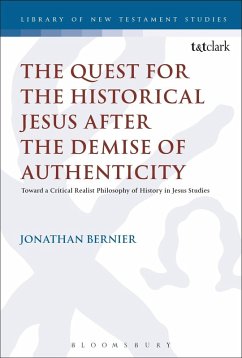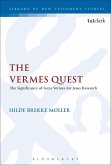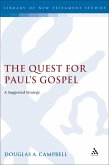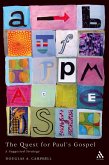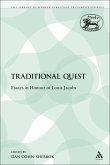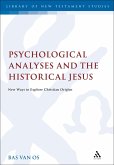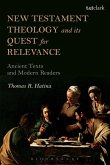For two centuries scholars have sought to discover the historical Jesus. Presently such scholarship is dominated not by the question 'Who was Jesus?' but rather 'How do we even go about answering the question, "Who was Jesus?"?'
With this current situation in mind, Jonathan Bernier undertakes a two-fold task: one, to engage on the level of the philosophy of history with existing approaches to the study of the historical Jesus, most notably the criteria approach and the social memory approach; two, to work with the critical realism developed by Bernard Lonergan, introduced into New Testament studies by Ben F. Meyer, and advocated by N.T. Wright in order to develop a philosophy of history that can elucidate current debates within historical Jesus studies.
With this current situation in mind, Jonathan Bernier undertakes a two-fold task: one, to engage on the level of the philosophy of history with existing approaches to the study of the historical Jesus, most notably the criteria approach and the social memory approach; two, to work with the critical realism developed by Bernard Lonergan, introduced into New Testament studies by Ben F. Meyer, and advocated by N.T. Wright in order to develop a philosophy of history that can elucidate current debates within historical Jesus studies.

